
IRVING YEE ARCHITECTURE
Premier property management firms and building boards rely on the firm to provide thoughtful solutions for everything from critical interior and exterior renovations to inspiring new amenity spaces. A certified Passive House architect, founding principal Irving Yee is passionate about design that creates healthier, more sustainable living environments.
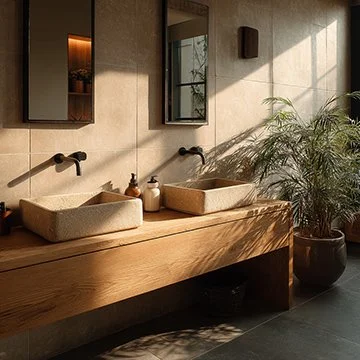
The Rise of Zero-Waste Bathrooms
Hotels and homeowners begin their sustainability journey by eliminating plastic from their daily operations. Remember those small hotel shampoo containers?
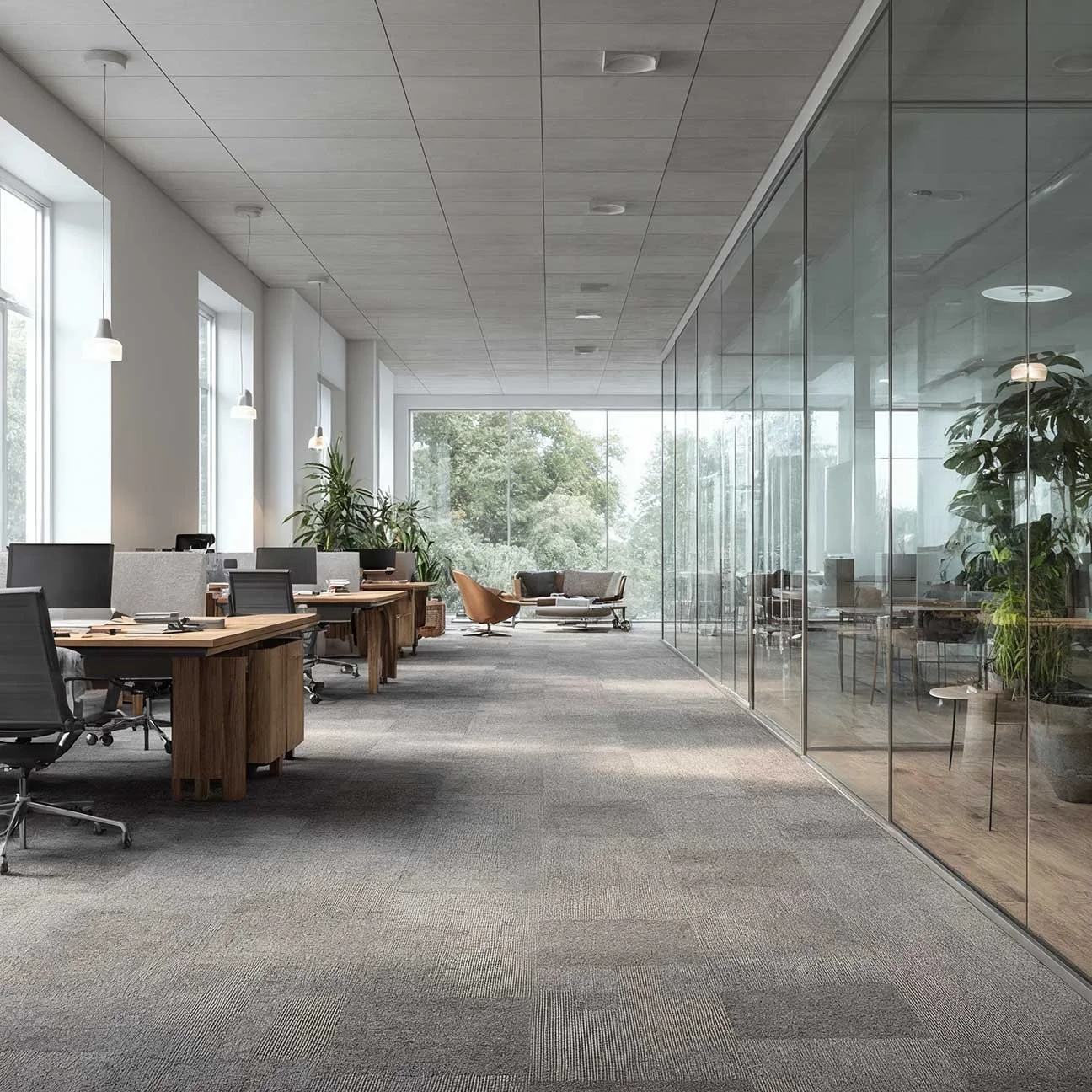

Sustainable Paint: The Future of Eco-Friendly Interiors and Exteriors
The paint industry continues to evolve by producing sustainable products that balance aesthetics with environmental and health benefits.
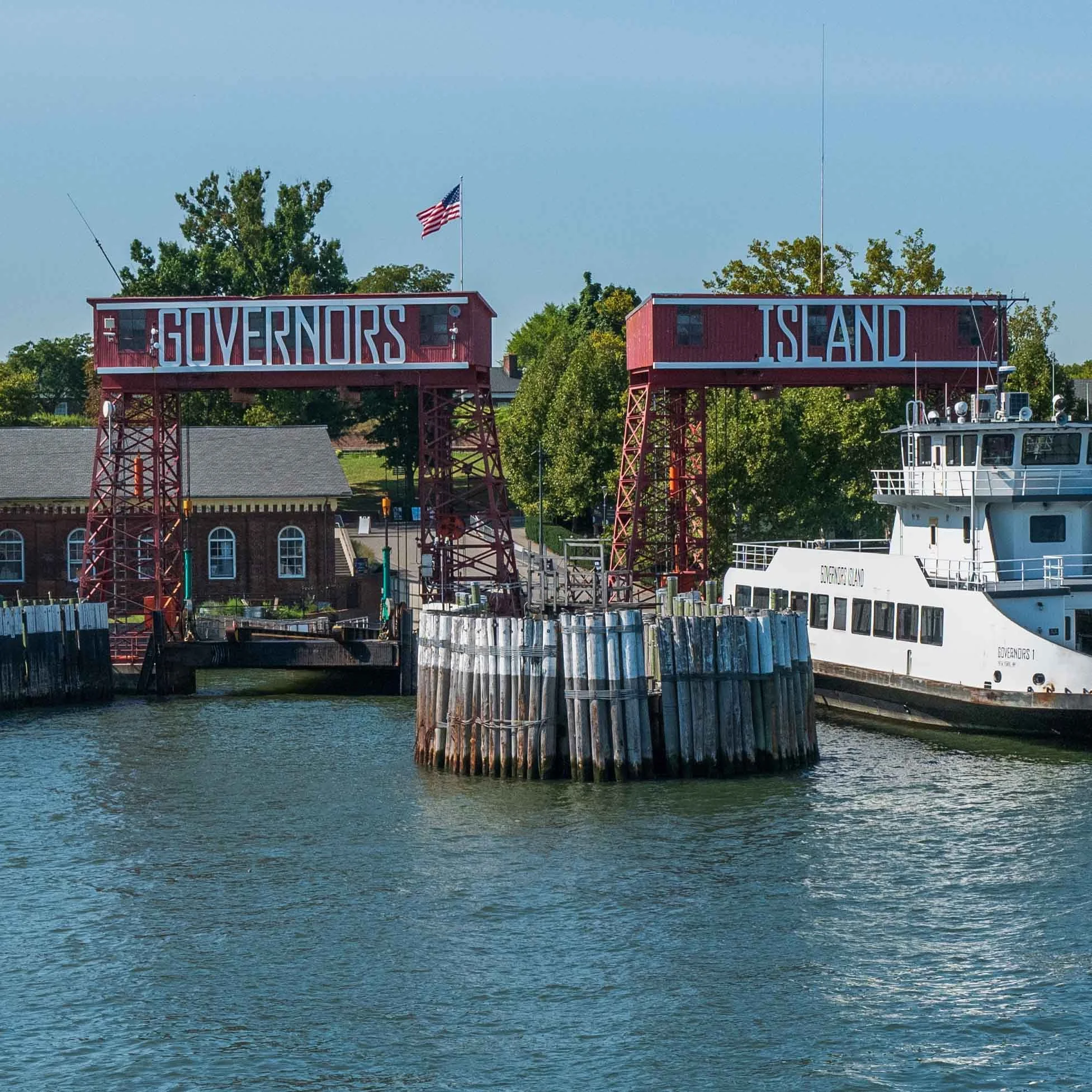
Governor’s Island: A Model for Adaptive Reuse, Sustainability, and Urban Revitalization
The southern tip of Manhattan hosts Governor’s Island, which has evolved from its original military base function into a public park and cultural destination.
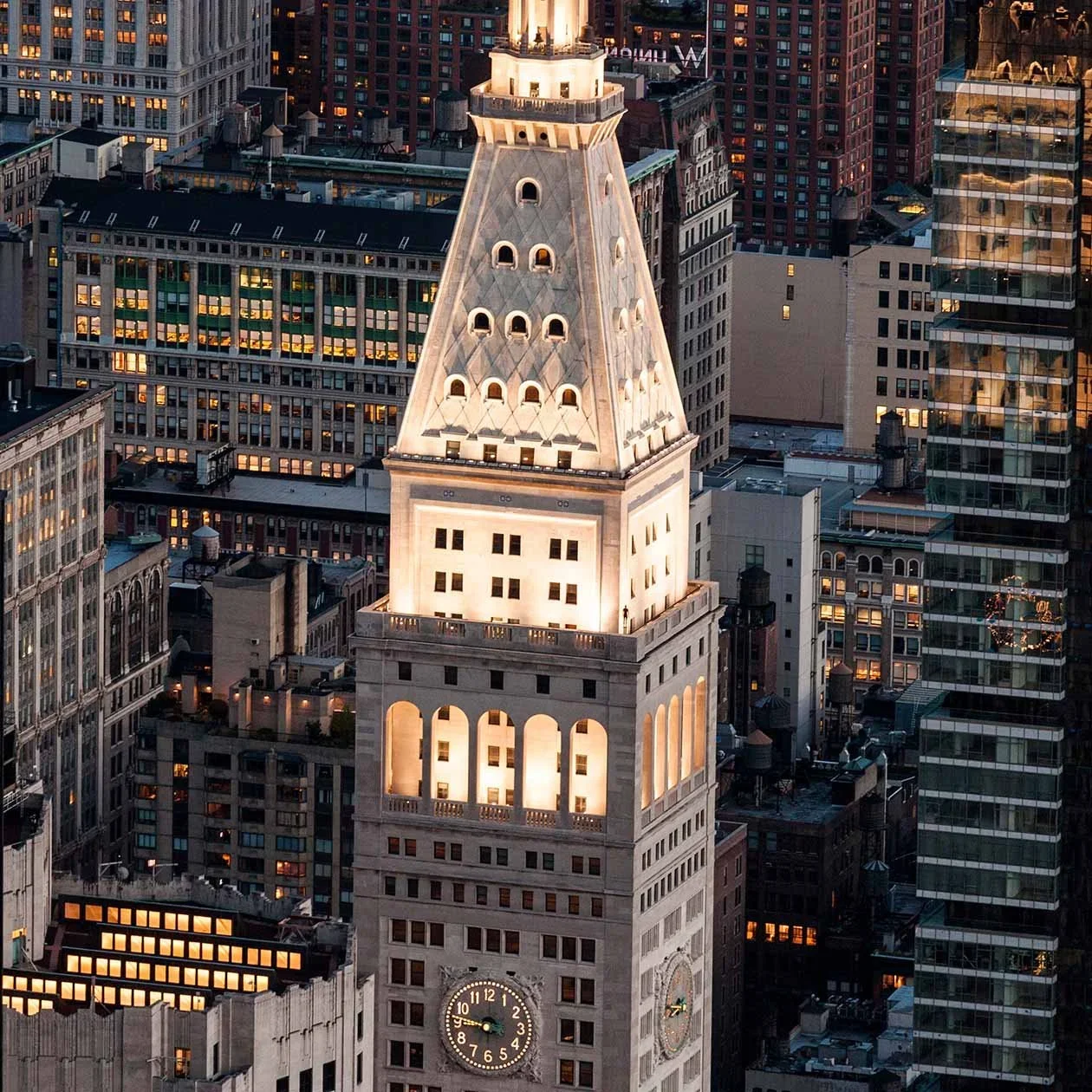
MetLife Tower Serves as a Venetian-Inspired Landmark in New York City While Demonstrating Sustainable Architecture Principles in Urban Development
The MetLife Tower was completed in 1909, becoming a significant architectural landmark on New York City's skyline.
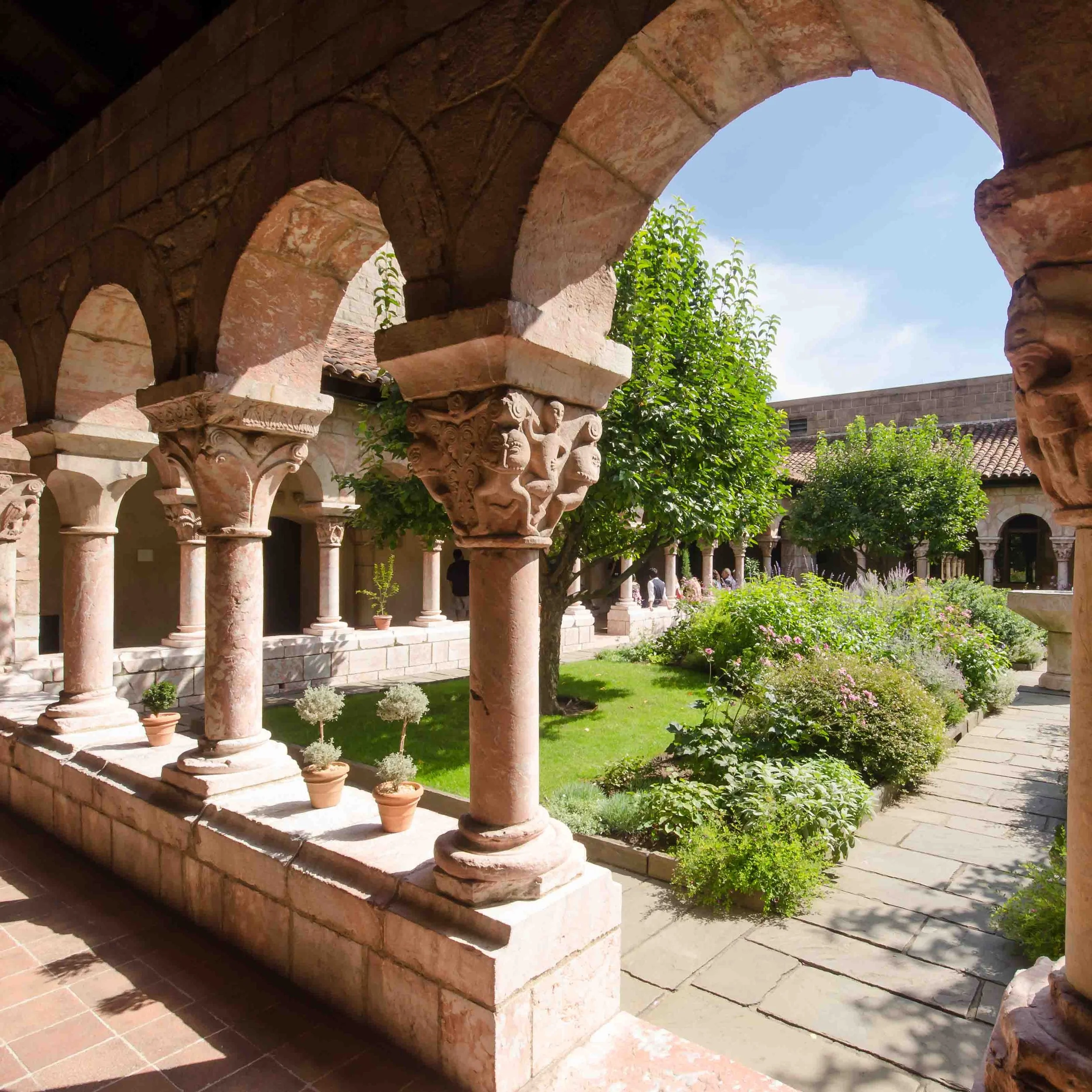
The Cloisters: A Historic Sanctuary in NYC’s Urban Landscape and Its Role in Sustainability
The Cloisters exists as a historic sanctuary in NYC’s urban landscape, demonstrating a strong commitment to sustainability.
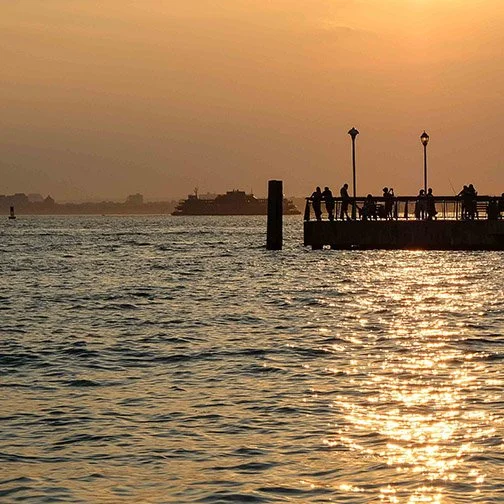
Red Hook: How a Historic Neighborhood is Shaping a Sustainable Future
The waterfront Brooklyn neighborhood of Red Hook has undergone substantial transformations over the past decades.

The Conversion of Vacant Lots into Dynamic Community Areas Through Sustainable Open-Air Concert and Gathering Initiatives in NYC
The city of New York contains numerous vacant lots that have been inactive for extended periods.

The Sustainable Future of Demolition Materials: Repurposing Glass and More
Wood studs have been a go-to building material in both homes and commercial buildings for hundreds of years.

The Shift from Wood Studs to Aluminum Studs: A Historical Perspective and Its Impact on Sustainability
Wood studs have been a go-to building material in both homes and commercial buildings for hundreds of years.

The Sustainable Future of Demolition Materials: Repurposing Bricks and More
NYC demolition sites contain materials that must be properly handled to prevent their disposal in landfills, which causes environmental harm.

The preservation of cobblestone streets throughout NYC works toward sustainable urban heritage protection.
The historic neighborhoods of New York City are famous for their charming cobblestone streets which include DUMBO in Brooklyn and Tribeca in Manhattan.

Reclaiming the Past, Building the Future: A Conversation with Sawkill Lumber’s Alan Solomon
Meet Alan Solomon, founder of Sawkill Lumber.
At twelve, I started working with my father at our family’s scrap yard near Boston. Now and then, something stood out, brass knockers, toy molds, copper bowls, too well-made to be junk.

Coney Island’s Sustainable Renaissance: Balancing Heritage and Innovation
Coney Island, Brooklyn's iconic beachfront, is evolving. Upcoming developments blend its classic charm with sustainable practices, aiming for year-round activity, neighborhood growth, and environmental stability

The Evolution of DUMBO: From Industrial Hub to Sustainable Urban Oasis
The term DUMBO stands for "Down Under the Manhattan Bridge Overpass," and the area has evolved from an industrial waterfront into Brooklyn's leading eco-friendly neighborhood.

The ICFF Concluded the 2025 NYC Design Week by Showing Its Strategic Direction Toward Sustainable Design Beyond Standard Green Practices
This week, we’d like to highlight the key takeaways from the 2025 edition of ICFF.

Agritecture: Sustainable Design for Farming in Industrial Buildings
With the world’s population expanding and the need for food rising, it becomes crucial to adopt innovative farming methods. An interesting idea involves transforming existing structures into farming spaces through agriculture-based architecture.

Sound Matters: How Eco-Friendly Acoustics Are Transforming Modern Spaces
When we talk about sustainable design, the conversation often centers on what we see, natural surfaces, energy-efficient lighting, and the reuse of materials like wood.
But what about what we hear? Sound is a powerful, yet often overlooked element in how we experience a space.

VR and AR: Powerful Tools, but Not Always Essential
Have you ever wanted to explore a place before it's constructed in real life? That's where Virtual Reality (VR) and Augmented Reality (AR) come into play. These advanced technologies can transform plans into interactive experiences.

Creating Eco-Friendly Modular Furniture Solutions for Versatile Work Environments in the Era of Sustainability
The modern work environment has driven traditional offices into a period of transformation. Fixed layouts are being replaced by flexible, collaborative spaces designed to support today’s working styles, including remote and hybrid models.
ABOUT
Learn more about our 25+ experience in architecture and design

